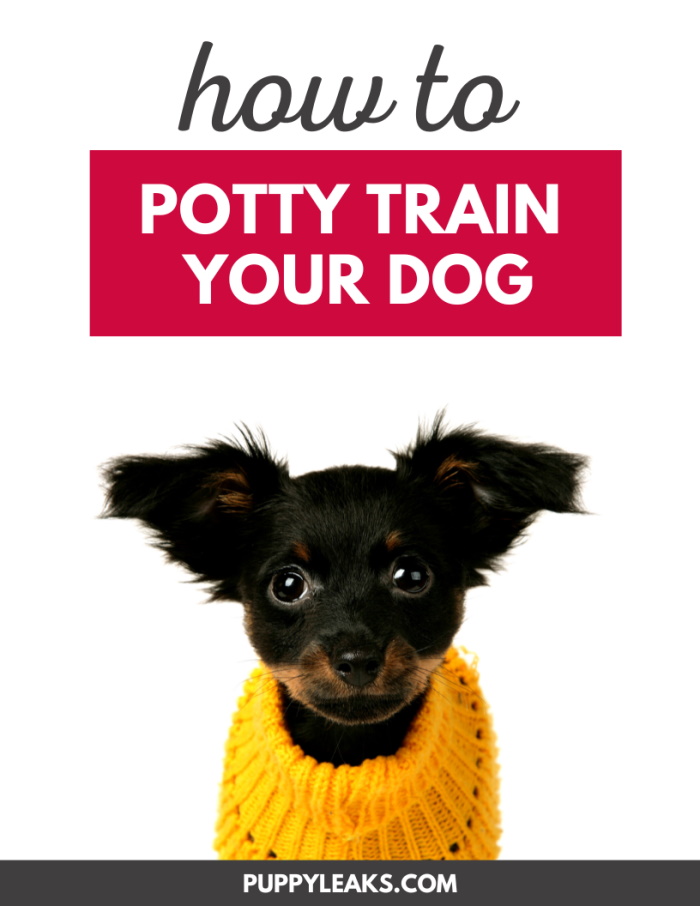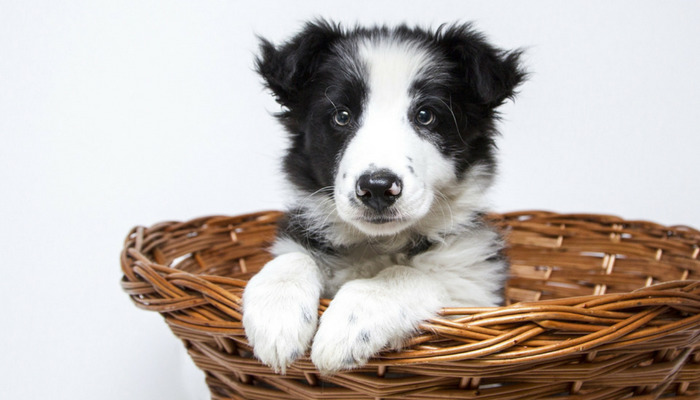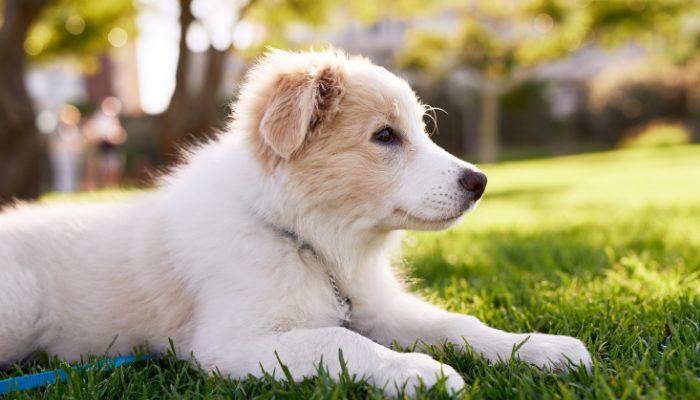Potty training is among the initial tasks you'll undertake with your new puppy, and it's a process that demands significant patience and consistency.
Regarding the duration, there's no universal answer. Although most dogs can be reliably potty trained within a few weeks, your puppy will probably have occasional accidents during the first year.
Potty Training Your Puppy: Key Insights and Tips
How Long Does It Take to Potty Train a Puppy?
Regrettably, there's no precise timeline for potty training a puppy, as much of it hinges on the training approach you select.
The positive aspect is that with consistent potty training, your puppy should become mostly house-trained within a couple of weeks.
I use 'mostly' because it’s crucial to be realistic and recognize that accidents will continue to occur in the first few months, even if your puppy has a solid understanding of potty training.
If you aim to house train your dog quickly, the following tips will assist in setting your puppy on the correct path.
Essential Tips for Effective Potty Training
When potty training your puppy, keep two things in mind: consistency and prevention are essential.
The earlier you teach your dog that going potty outside is the optimal behavior, the faster they’ll learn that the outdoors is where they should relieve themselves.
Supervise Closely During the First Week or Two
Puppies are unable to hold their bladders for long stretches, so having someone available during the first week or two to take them outside will greatly aid in the training process.
When it comes to teaching them, prevention is key. It’s far easier to train a dog to go potty outside by showering them with praise when they do so than by attempting to prevent accidents through punishment when they occur indoors.
Having someone present for the first week or two to let them outside frequently allows you to immediately begin teaching your dog that the outdoors is where they need to go potty.
I know it’s easier said than done, but by being consistent and enthusiastically praising your dog every time they urinate or defecate outside, they’ll quickly learn that the outdoors is the bathroom.
Tip: Think about using a long leash or tether to assist with supervision during the first week.
Avoid Relying on Punishment for Indoor Accidents
One practice to avoid during potty training is relying solely on punishment and expecting your dog to comprehend what you want.
While your dog may feel upset if you shout at them for peeing indoors, that doesn’t mean they’ll understand what they should have done instead unless you demonstrate it.
If you catch your dog in the middle of an accident, you can take them outside and praise them enthusiastically if they finish relieving themselves there.
Maintain a Consistent Daily Schedule
Another helpful tip for potty training is to maintain a consistent schedule for your puppy.
This not only helps your puppy learn what is expected of them but also simplifies your potty training efforts, as you’ll become familiar with when they need bathroom breaks during the day.
Good times to let your dog outside for a potty break include in the morning when they wake up, after they’ve eaten, after a walk or play session, after they get up from a nap, and before bedtime.
After supervising them for a few days, you’ll develop a good sense of how often your dog needs to urinate and defecate each day, as well as the signs they display when they need to go outside, such as sniffing, barking, or circling.
Celebrate Successes Outdoors
Your neighbors might think you’re a bit eccentric, but it’s vital to praise your dog enthusiastically every time they urinate or defecate outside if you want them to repeat the behavior.
Tell them how good they are and engage in a brief play session to show your happiness. Teach them that going potty outside equals party time.
Thoroughly Clean Indoor Accidents
Since accidents are unavoidable, be sure to obtain a quality enzymatic pet odor cleaner to help prevent them from eliminating in the same spot repeatedly.
If the accident isn’t cleaned thoroughly, the odors will persist, indicating to your puppy that it’s an acceptable bathroom spot.
Embrace the Learning Curve: Accidents Are Normal
It’s important to remember that accidents will occur, especially in the first couple of weeks, and that this is all part of the normal housebreaking process.
Don’t become discouraged; keep working on the potty training process, and your puppy will be house-trained before long.

Image from puppyleaks.com
Please share with your friends :)

